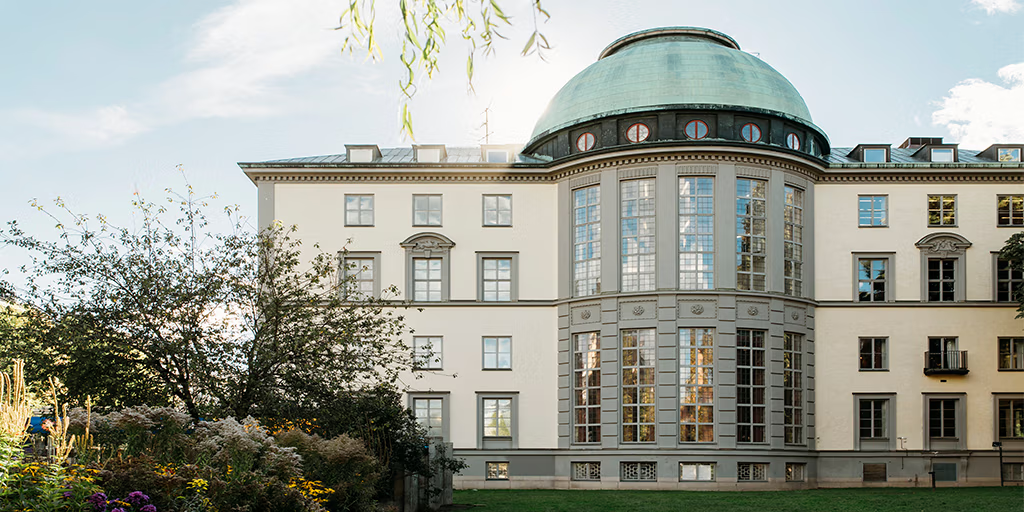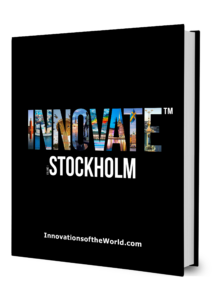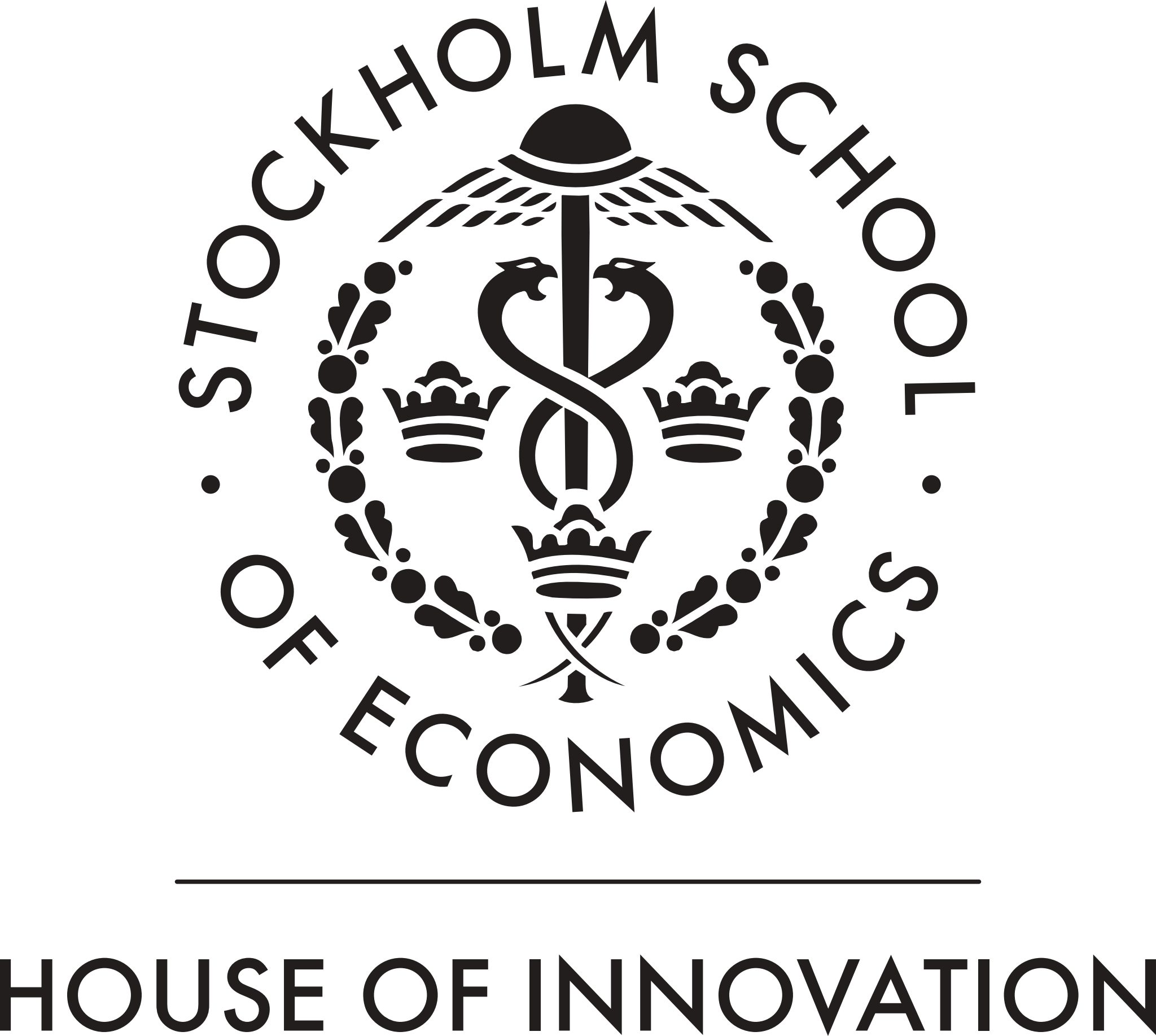For more than one and a half decade, Sweden has consecutively been ranked in the top three most innovative economies in the world (according to the United Nations’ Global Innovation Index). There is a longstanding tradition in Sweden to work collaboratively across different societal sectors — and in an interdisciplinary way — to achieve common goals.

The Swedish model of organizing society combines a large and highly competitive private sector operating in concert with a sizable public sector and strong NGOs; a vibrant entrepreneurial and innovation ecosystem encompassing both multinational firms and new ventures is combined with respect for labor rights and an active role for government in shaping labor market policies, with a large degree of consensus and continuity across political administrations. The way innovation is approached includes an ambition to not only generate wealth for current and future generations, but also to strive for a fair distribution of income between stakeholders and to regulate markets for fairness and sustainability. Balance is integral to how Sweden operates.
Stockholm is a central node of the Swedish entrepreneurial ecosystem, offering an exciting and vibrant setting for new venture activities where technology-based innovation and a sustainable, future-oriented mindset feed into entrepreneurship. This environment incorporates a strong tradition of long-term active ownership, societal support for new ventures, and the use of technology, including AI, to drive innovation. It is in this context of nurturing both compassionate and competitive enterprises that the House of Innovation is rooted.
The House of Innovation can in a way be seen as a microcosm of the specifically Swedish approach to innovation:
- We believe in win-win-win opportunities. By working together, different actors can address complex problems beyond the reach of anyone organization, and create value for themselves as well as for society. This is why SSE, and HOI, engage with all sectors of society, and apply a broad mindset to understanding what makes people, organizations and societies innovative.
- This requires bridging between perspectives and knowledge domains. This is why HOI embraces a set of knowledge areas that are tightly intertwined: innovation management, entrepreneurship, digital innovation and AI, and operations and supply chain management. All of these areas address renewal in and of organizations and societies.
- We dare to be both theoretical and pragmatic. Going beyond what is expected of a university department, we do not only see research and teaching as our core activities. We are also dead serious about outreach and knowledge exchange with practitioners—with over 2,000 practitioners attending our events yearly—and about venturing. Our incubator SSE Business Lab – ranked top ten in Europe by the Financial Times – and our early-stage investment fund SSE Ventures make sure that our environment not only produces knowledge about how to create innovative and growing firms, but also contributes directly to it.

We have in less than a decade established the House of Innovation as a leading European research environment within our core areas. We did so through bringing together resources and knowledge produced in collaboration with our many stakeholders, spanning industries, sectors and roles. We work intensively together with others to articulate and address important problems in meaningful and actionable ways.
This modus operandi has received strong support from our constituents—research funders and long-term donors, industry and society—and has helped us contribute to building SSE as a premier business school and perhaps at present one of the most forward-looking and innovative business schools.
Why, then, is this so important to us? The vision of the Stockholm School of Economics has been the same since its inception in 1909: “to strengthen Sweden’s competitiveness through research and science-based education.
“Back then, SSE was a pioneer by being the first business school in the Nordic countries. Today, when there are around 14,000 business schools in the world and the recruitment of both students and faculty is global, there is a need to pioneer in new ways.
At SSE, the focus has been to advance the full student experience and recognize that we do not only want students and faculty to develop and learn facts, methods and theories, but also to grow and develop into even more grounded people. In addition to studying textbooks, students get the chance to experience and discuss contemporary art at the campus, read and discuss novels, travel and see new places and cultures, and reflect upon our responsibilities not only to ourselves but to the people around us.

This pedagogical philosophy is articulated in the School’s educational mission from 2018, summarized in the acronym FREE, which stands for:
Fact and science based approach
Reflective and self-aware
Empathic and culturally literate
Entrepreneurial and responsible
Art, business and science are all fascinating subjects in their own right, but they are even more fascinating when we recognize how they all interact and can cross-pollinate each other. This requires us to access different knowledge bases, and pursue intellectual inquiry, with an open and curious mind.
Balance is integral to how Sweden operates, and so is openness. Other countries might close borders to international competition, or to new talents and perspectives, but Sweden’s openness as an economy, and as a society, has served us well in building wealth and welfare and—so we believe—is also our best guarantee for future competitiveness and prosperity.














